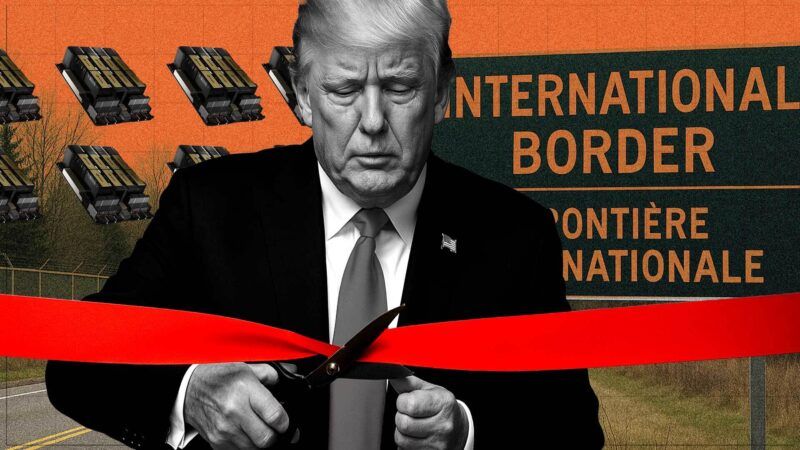What To Expect Now That Trump Has Scrapped Biden's Crippling AI Regulations
"New opportunities for innovation, economic growth, and global engagement," says one expert.

President Donald Trump pledged to remove barriers to American leadership in AI in January. The president recently made good on this promise by directing the Bureau of Industry and Security to scrap President Joe Biden's Framework for Artificial Intelligence Diffusion on May 13, two days before it was set to go into effect. Although it is unclear what the Trump administration will replace it with, the rescission of the Biden-era framework recognizes the necessity of exporting American chips and AI to maintain America's technological, economic, and strategic dominance.
The Biden framework would have amended export regulations to impose a worldwide license regime on all advanced semiconductors designed for data center use. This would have also hit graphics processing units (GPUs) used for AI acceleration, including foreign product chips that are "direct products" of American technology.
This would have not only subjected geopolitical rivals such as China to strict controls but also restricted the number of GPUs sold to 150 other countries, many of which are close trading partners and allies, such as Israel, and some which are NATO members (Greece, Portugal, Poland, Latvia, Estonia, and Lithuania), per the Center for Strategic and International Studies.
Neil Chilson, head of AI policy at the Abundance Institute, tells Reason that the diffusion framework "established a world-wide regime that would have restricted American companies from trading with friends and allies overseas." Chilson says the rule's rescission helps American companies keep the global lead in AI technology. Keegan McBride, a senior policy adviser in emerging technology and geopolitics at the Tony Blair Institute for Global Change, agrees. McBride tells Reason that rescinding the Biden rule "opens up new opportunities for innovation, economic growth, and global engagement."
With the Biden-era framework dead, the Trump administration has announced its "Industry Guidance to Prevent Diversion of Advanced Computing Integrated Circuits." Instead of imposing a complex regulatory scheme, the new guidance informs semiconductor manufacturers how to remain in compliance with existing export restrictions that have been in place since October 2022. The guidance still recognizes the danger of China acquiring advanced chips through transshipment or diversion and by accessing data centers. The guidance also provides "common sense recommendations about how companies can help [prevent] such chips from ending up in Chinese hands," explains Chilson.
Chilson anticipates the guidance to be followed by "a new rule that attempts to address some of the divergence scenarios highlighted in the guidance" and expects a more tailored solution that reflects awareness of the negative effects of the Biden approach. Matthew Mittelsteadt, a technology policy research fellow at the Cato Institute, is less optimistic. "At this juncture, the administration has signaled a desire to negotiate controls bilaterally, country by country," which Mittelsteadt warns may lead to "195 country-specific flavors of AI export controls" that would hamper American companies' competitiveness and overburden the license processors at the Commerce Department.
Overinclusive regulations like Biden's Framework for Artificial Intelligence Diffusion would have hampered economic growth and national security; capping demand for American-made advanced GPUs reduces revenue to domestic semiconductor and AI firms that require capital to invest in research and development, innovate, and maintain industry dominance.
McBride is confident that the Trump administration understands that the "active promotion of American AI to the global community" is a crucial component of winning the AI race against China. Hopefully, he's right.


Show Comments (14)